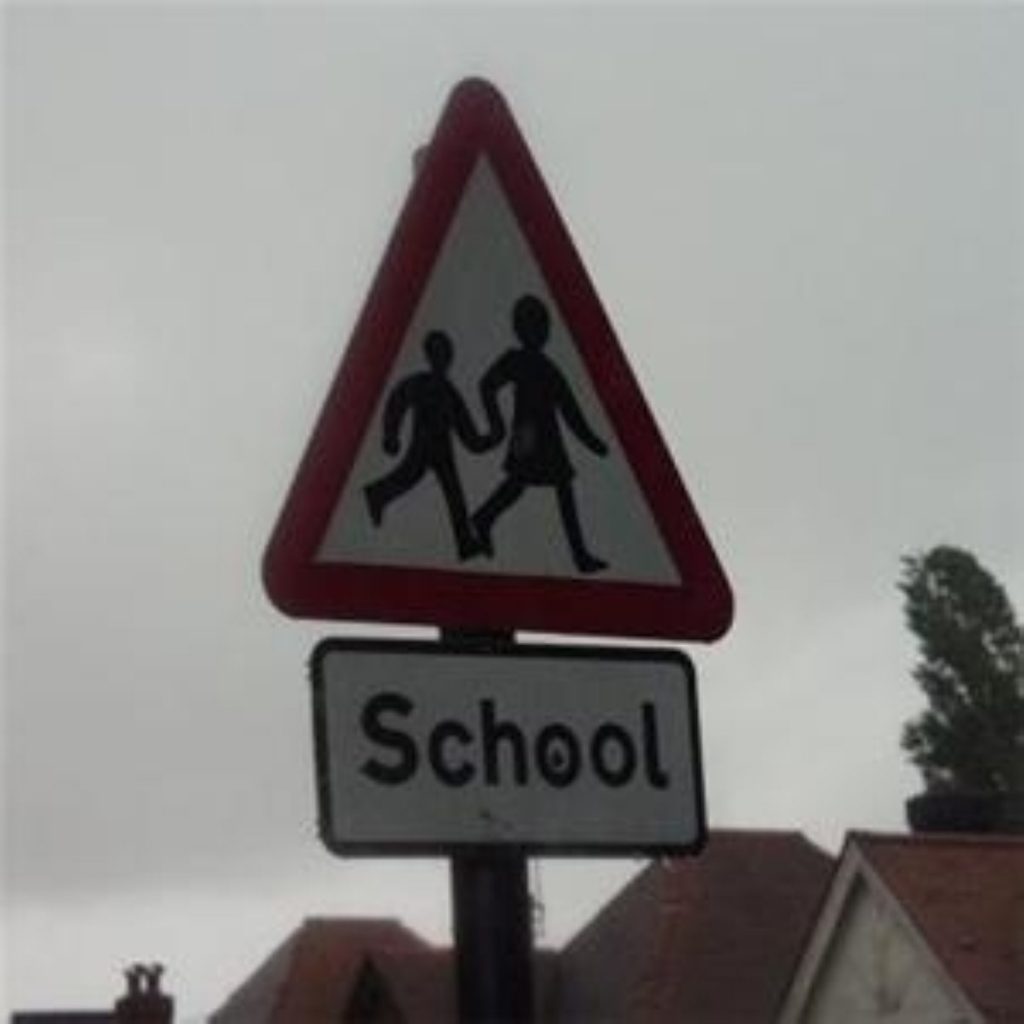English Baccalaureate should be ‘reconsidered’
By Phil ScullionFollow @PhilScullion
Ministers should "reconsider" the composition of the English Baccalaureate (EBac) to avoid schools focusing attention on a small group of children, MPs have said.
The report from the Commons' education committee comes amid fears the EBac system, which rates schools based on how many pupils gain A*-C in five core subjects, will result in undue focus on those children on the borderline.
Committee chair Graham Stuart expressed concern that at present the EBac is not part of a "balanced score card" and thus does not give "equal weight" to the progress of every child.


He said: "We encourage the government to examine carefully the evidence presented to us and to reconsider the composition of the EBac on conclusion of the National Curriculum Review.
Academic subjects are not the only path to a successful future, and all young people, regardless of background, must continue to have opportunities to study the subjects in which they are likely to be most successful, and which pupils, parents and schools think will serve them best."
The five subjects currently included in the EBac are maths, English, two science qualifications, a modern or classic language and either history or geography.
Andy Burnham, Labour's shadow education secretary, said it was "unforgivable" that the decision to enact the change was being made without conducting a proper consultation process.
He accused education secretary Michael Gove of making policy "on the hoof" to appeal to headline writers.
"This damning verdict leaves the secretary of state and his ministers isolated. They cannot continue to ignore the weight of professional and parliamentary opinion.
"Mr Gove urgently needs to remember his responsibility to all children and his promises to trust teachers. He should listen to the chorus of criticism and set up a proper review of his EBac," he added.
The EBac has divided opinion across the education system since it was announced in September last year.
Some headteachers have welcomed the increased focus on core subjects but others have warned that the change is a backward step which does not sufficiently take into account the variety of different children's educational needs.

